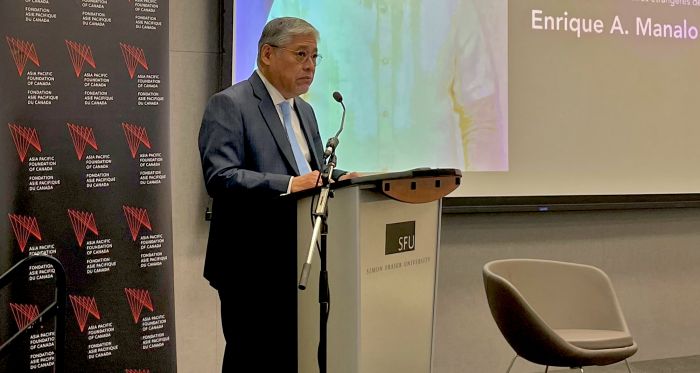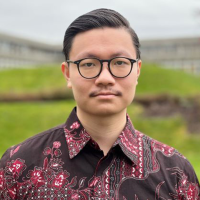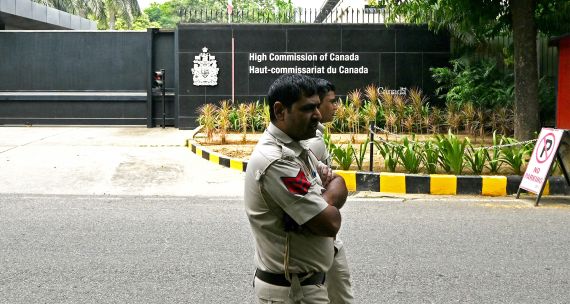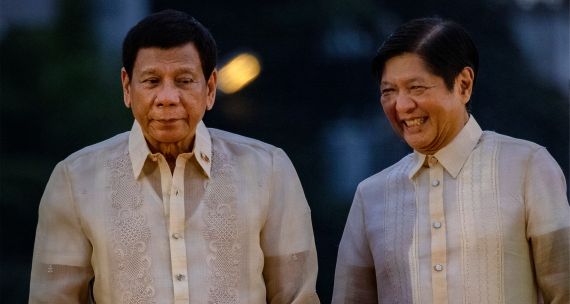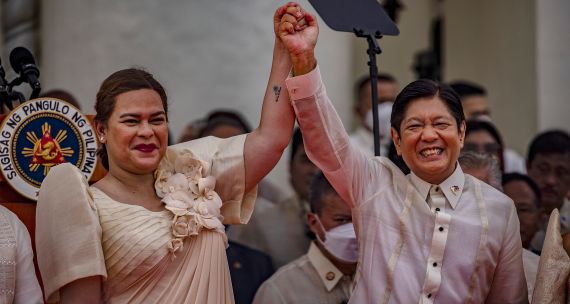On May 7, 2024, the Asia Pacific Foundation of Canada, with support from Simon Fraser University, hosted the Secretary for Foreign Affairs of the Philippines, Enrique A. Manalo, as part of APF Canada’s Indo-Pacific Leaders Speakers Series.
The event included opening remarks by British Columbia’s Minister Responsible for the Consular Corps and Minister of Forests, Bruce Ralston, and a moderated discussion following Secretary Manalo’s keynote address, which was entitled: “The Indo-Pacific Region in the Eyes of the Philippines: Navigating Through Uncharted Waters.”
The speakers included:
- Enrique Manalo, Secretary for Foreign Affairs of the Philippines
- Bruce Ralston, British Columbia’s Minister Responsible for the Consular Corps and Minister of Forests
- Vina Nadjibulla, Vice-President, Research & Strategy, APF Canada
- Kai Ostwald, Associate Professor, University of British Columbia (moderator)
Highlights from the panel discussion can be found below, and a video recording of the event is available here.
Canada and the Philippines celebrate 75 years of diplomatic relations
As the Indo-Pacific region witnesses dynamic shifts in geopolitics and economics, closer ties between Canada and the Philippines hold significant promise. This year, Canada and the Philippines mark 75 years of diplomatic relations, a relationship comprising robust people-to-people ties and exchanges among government, business, and civil society.
More than one million Canadians trace their origins to the Philippines. From a memorandum of understanding on defence co-operation signed in January 2024 to ongoing negotiations on a Canada-ASEAN free trade agreement, Canada and the Philippines have demonstrated a commitment to fostering closer ties and enhancing co-operation for the collective prosperity and stability of the Indo-Pacific.
The panel explored pathways for Canada’s full-spectrum engagement in the Indo-Pacific region, including with the Philippines.
Vancouver was the first stop on Secretary Manalo’s Canadian tour, which also took him to Ottawa and Toronto for meetings with senior government officials, including Canada’s Minister of Foreign Affairs, Mélanie Joly; Minister of Export Promotion, International Trade, and Economic Development, Mary Ng; and Minister of Immigration, Refugees and Citizenship, Marc Miller.
During his bilateral meetings, Secretary Manalo touched on matters of mutual interest and concern, including defence and maritime co-operation, space, cybersecurity, upholding a rules-based international order in the Indo-Pacific, enhancing trade and investment, and developing technical co-operation in the areas of food, energy, critical minerals, and climate change.
ASEAN centrality and U.S.-China rivalry
In Secretary Manalo’s address, he emphasized the evolving nature of geopolitics in the Indo-Pacific, and the prominence of the Association of Southeast Asian Nations (ASEAN). Alongside its commitment to regional security, he emphasized that ASEAN would continue to provide a platform for building trust and collaboration with other actors.
The Philippines also recognizes the presence of multiple actors in the Indo-Pacific, each with their own “agency and legitimate interests” and with whom nations, including Canada, must engage independently from the intensifying rivalry between the U.S. and China.
However, these efforts to engage with new and rising actors must continue within the context of a rule-based global order and within existing institutions beneficial to the “peaceful pursuit” of all nations’ economic prosperity.
Canada’s role in the Indo-Pacific
The discussion touched on the role of Canada and the Philippines in promoting a rules-based regime in the South China Sea.
Canada recently condemned China’s aggressive behaviour against Philippine vessels in the South China Sea and continues to reiterate the 2016 UN Convention on the Law of the Sea (UNCLOS) arbitral tribunal ruling in favour of the Philippines.
As part of Canada’s commitment to a rule-based order in the South China Sea, Secretary Manalo underscored the need for more joint maritime activities to ensure that China’s reinterpretation of the UNCLOS ruling does not pose challenges to international law.
Secretary Manalo highlighted Canada’s participation in several multilateral and mini-lateral initiatives involving the Philippines, and referenced the recent trilateral summit between Japan, the Philippines, and the U.S. He urged Canada to develop similar economic and technological arrangements with the Philippines and other Southeast Asian nations.
At the same time, Canada, as a nation seeking to join the East Asia Summit, should establish partnerships with ASEAN in areas beyond security, including in climate-change response, nuclear non-proliferation, and supply chain resilience.
Full-spectrum engagement in the Indo-Pacific
As part of his address, Secretary Manalo emphasized the importance of greater bilateral co-operation between Canada and the Philippines in defence and maritime security, outer space, renewables, clean energy, trade, and cybersecurity.
Under President Ferdinand Marcos Jr., the Philippines has started prioritizing joint scientific collaboration to address the impacts of climate change. Secretary Manalo also highlighted the importance of sharing a common goal in preserving peace, justice, and equality not only within the Indo-Pacific, but also globally.
Aside from government-to-government relations, Secretary Manalo also pointed out the importance of people-to-people connections between the two countries, as showcased by the strong historical ties held between the two and the presence of a large Filipino diaspora community in Canada.
In pushing for greater cross-cultural understanding, Secretary Manalo highlighted the importance of promoting Philippine studies in educational institutions abroad, including those in Canada.
On relations between British Columbia and the Philippines, Minister Bruce Ralston referred to the province’s Trade Diversification Strategy, which outlined new markets in Southeast Asia, including the Philippines. And in continuing efforts to strengthen economic ties with the Philippines, Minister Ralston stated that companies in British Columbia would be participating in the upcoming Team Canada Trade Missions to the Philippines.
In his response to establishing greater economic and trade ties in non-traditional sectors between Canada and the Philippines, Secretary Manalo referred to emerging opportunities in artificial intelligence, digitalization, and advanced manufacturing. The Secretary highlighted the capacity of the Philippines for substantial domestic semiconductor production and export, creating an opportunity for collaboration with Canadian partners.
